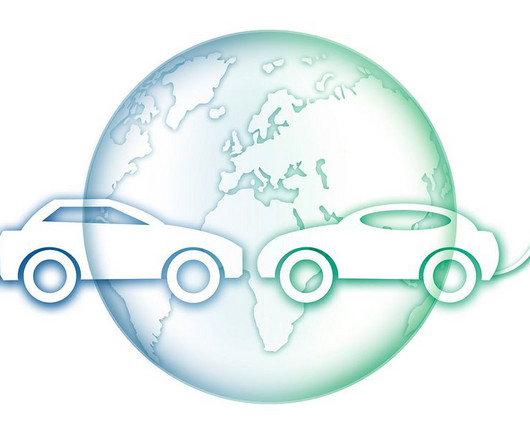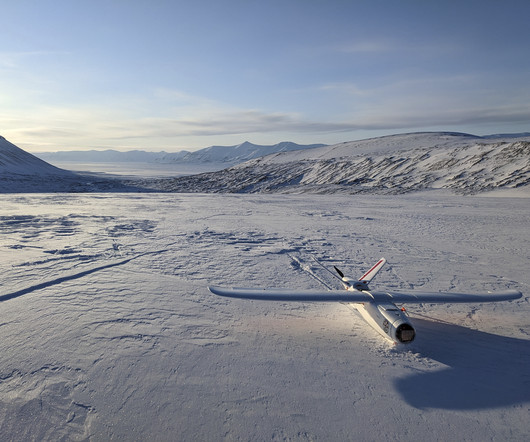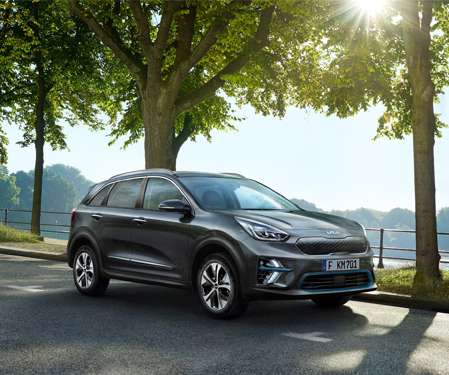China and Norway Lead the World’s EV Switchover
Cars That Think
MARCH 16, 2024
However, according to the World Resources Institute , “EVs need to account for 75 percent to 95 percent of passenger vehicle sales by 2030 in order to meet international climate goals aimed at keeping global warming to 1.5 degrees C (2.7 degrees F).” Who’s aiming to achieve what by decade’s end?












Let's personalize your content